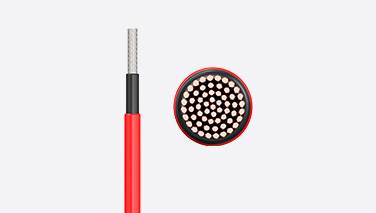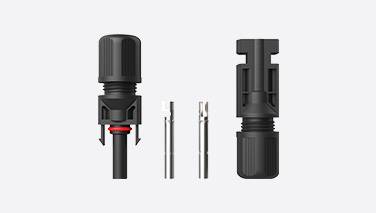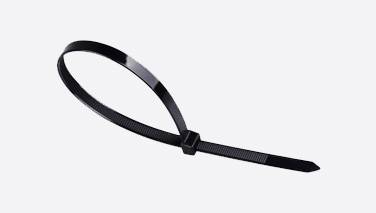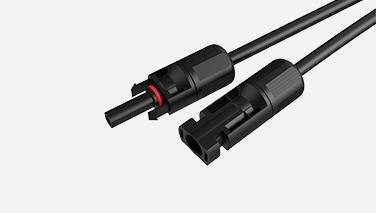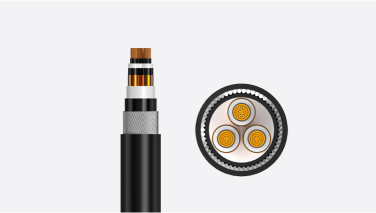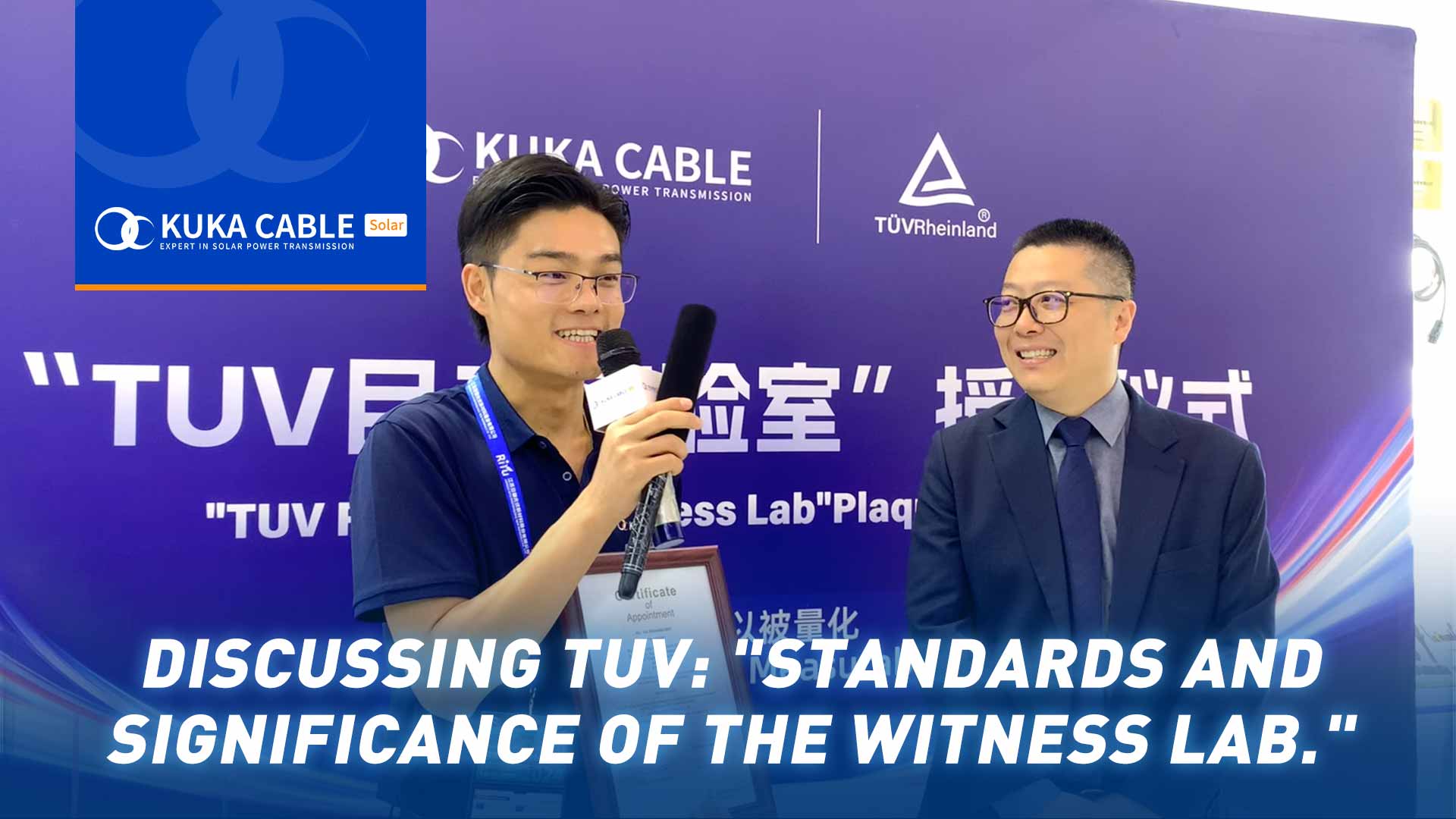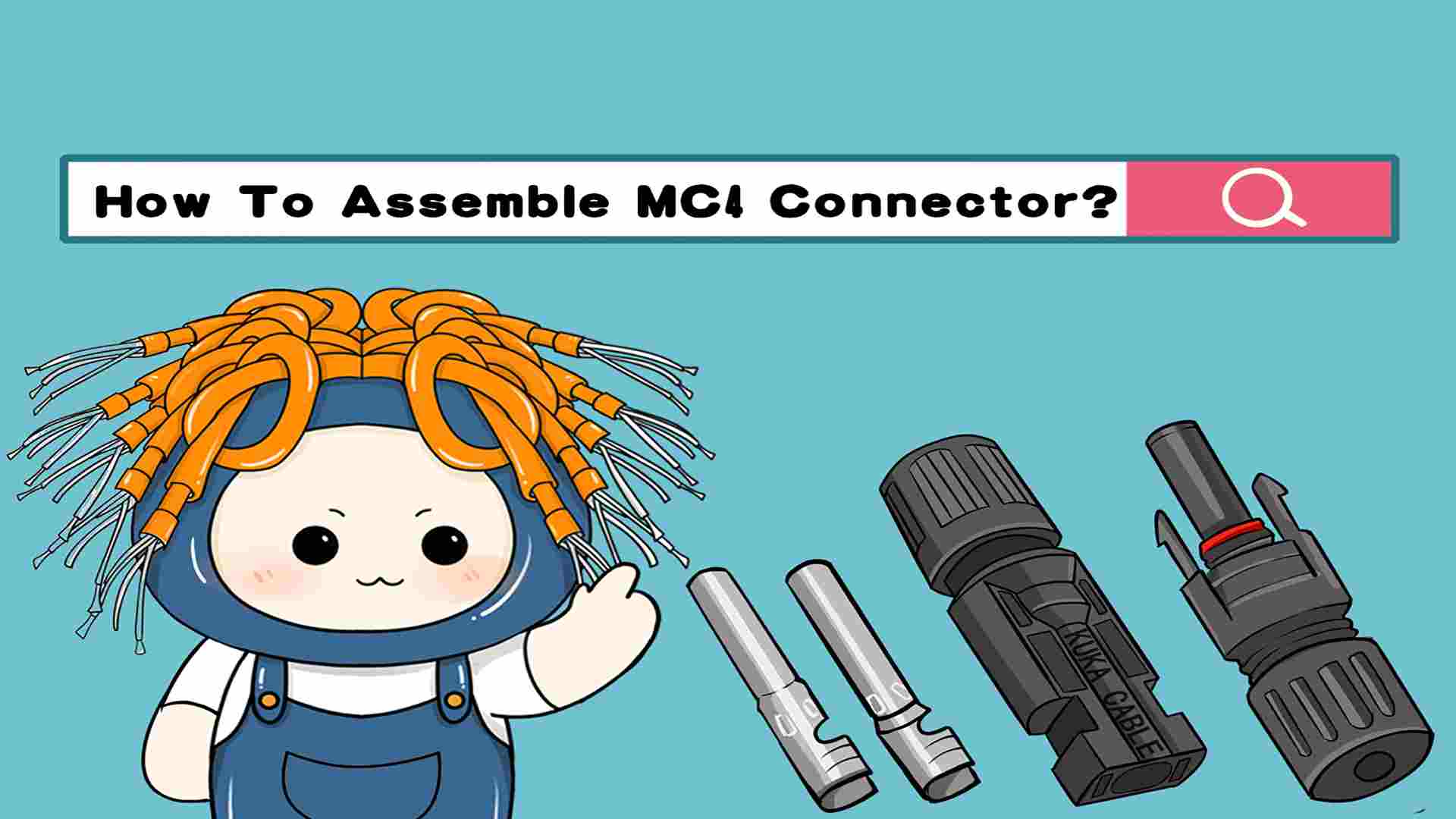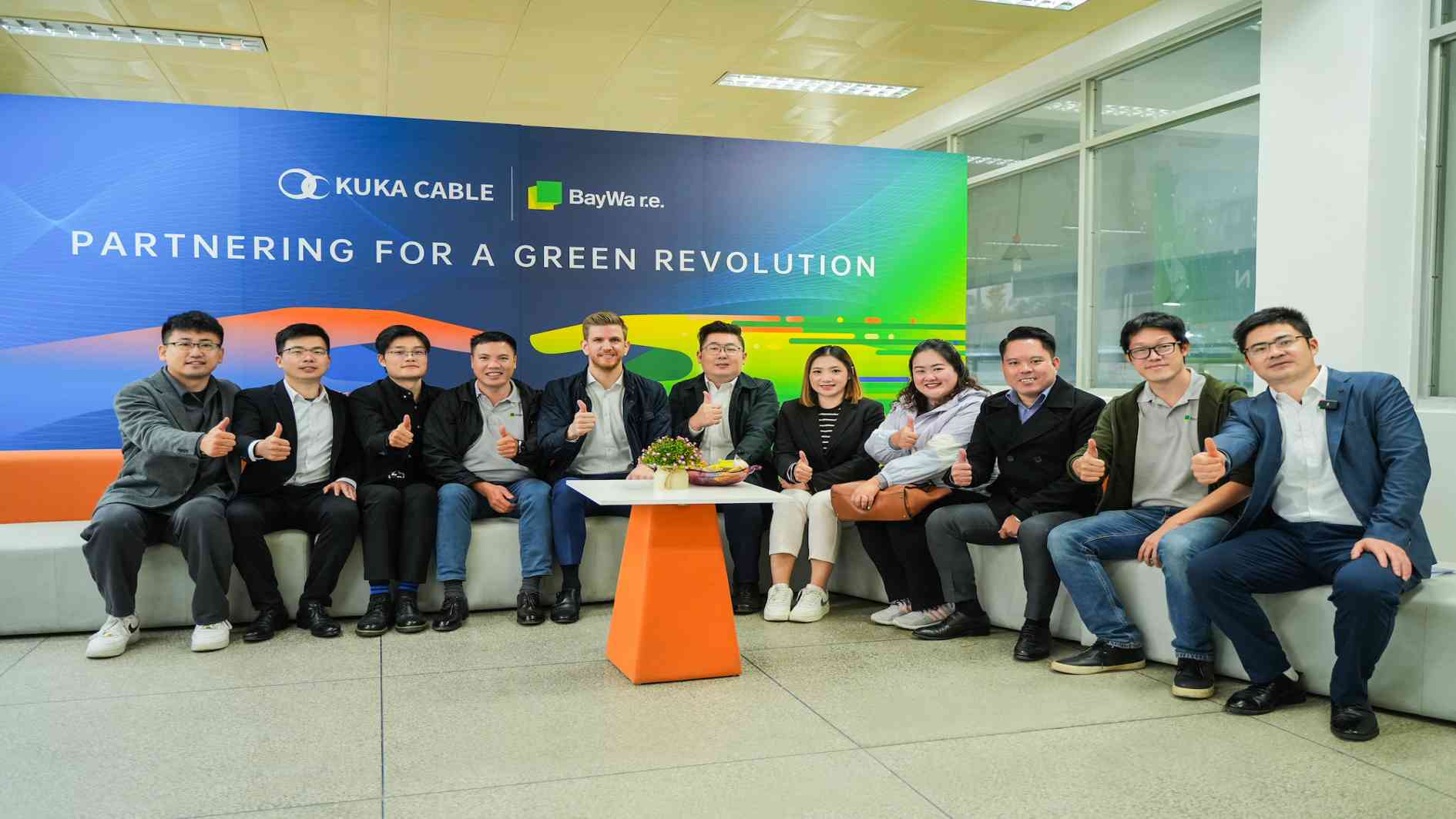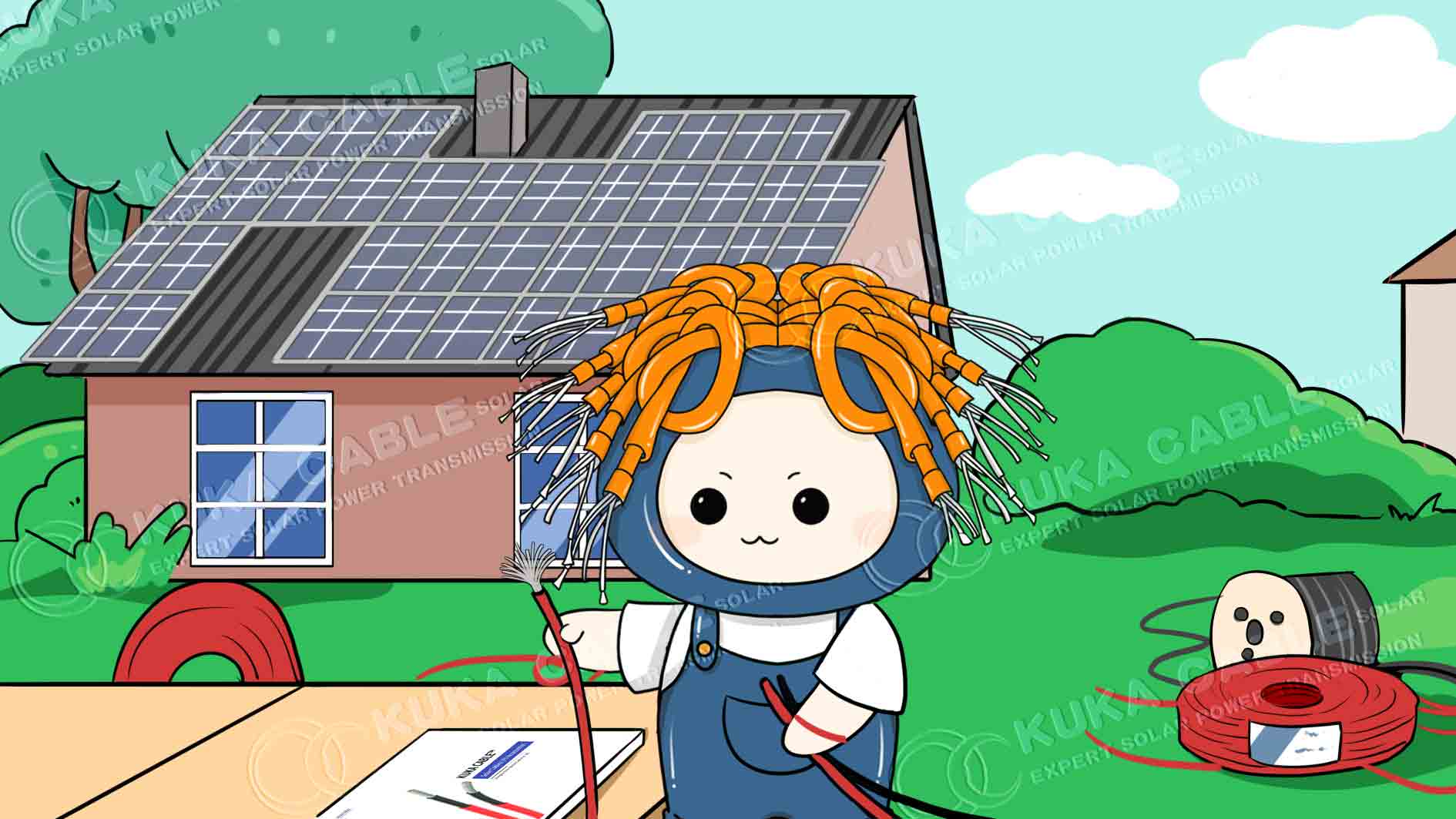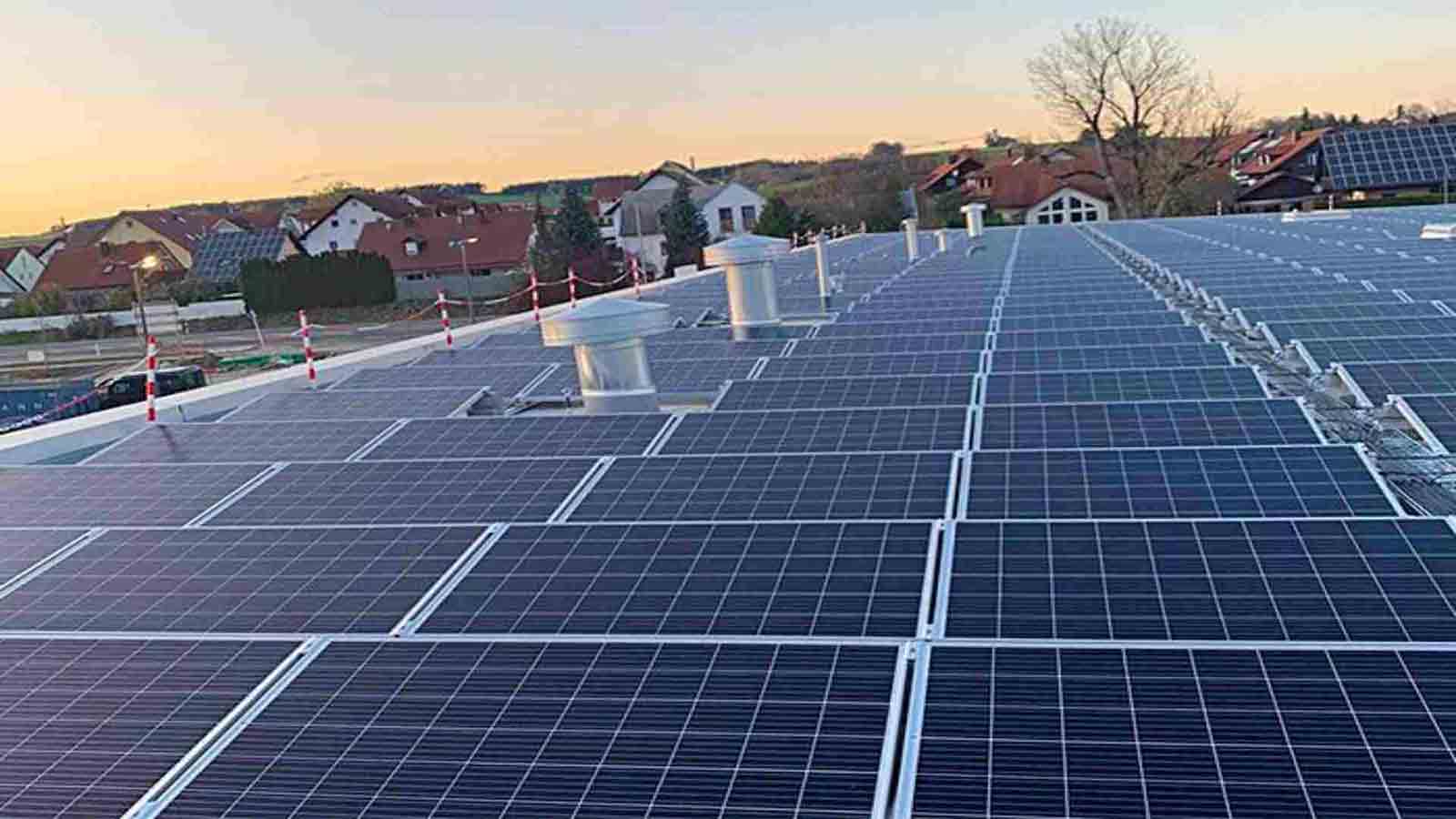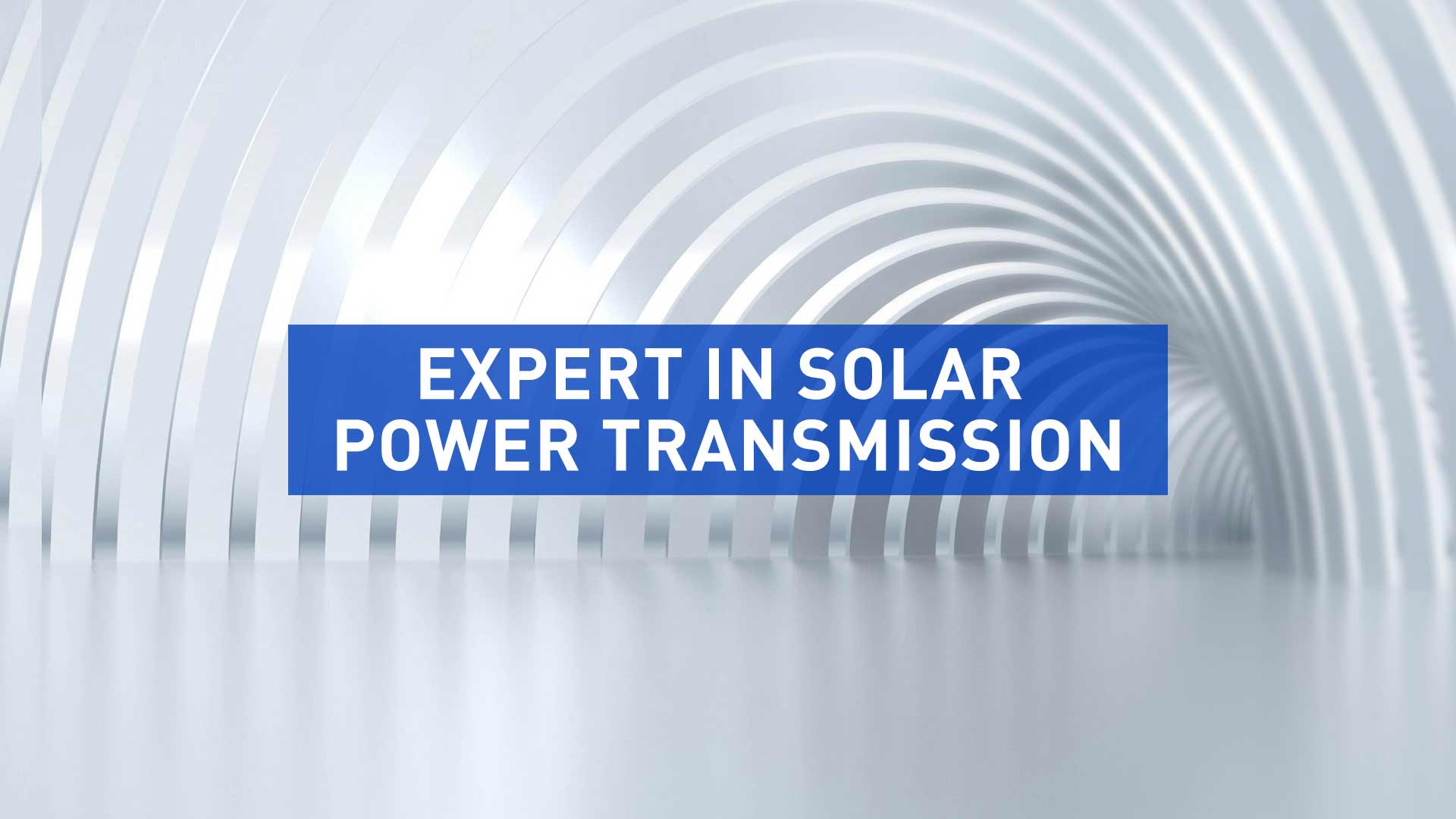Choosing the Right Solar Panel System: Grid-Tie, Off-Grid, and Hybrid Options
JUNE 1ST,2023
Choosing the Right Solar Panel System
Components of Solar Panels: Cells, Junction Boxes, and Cables
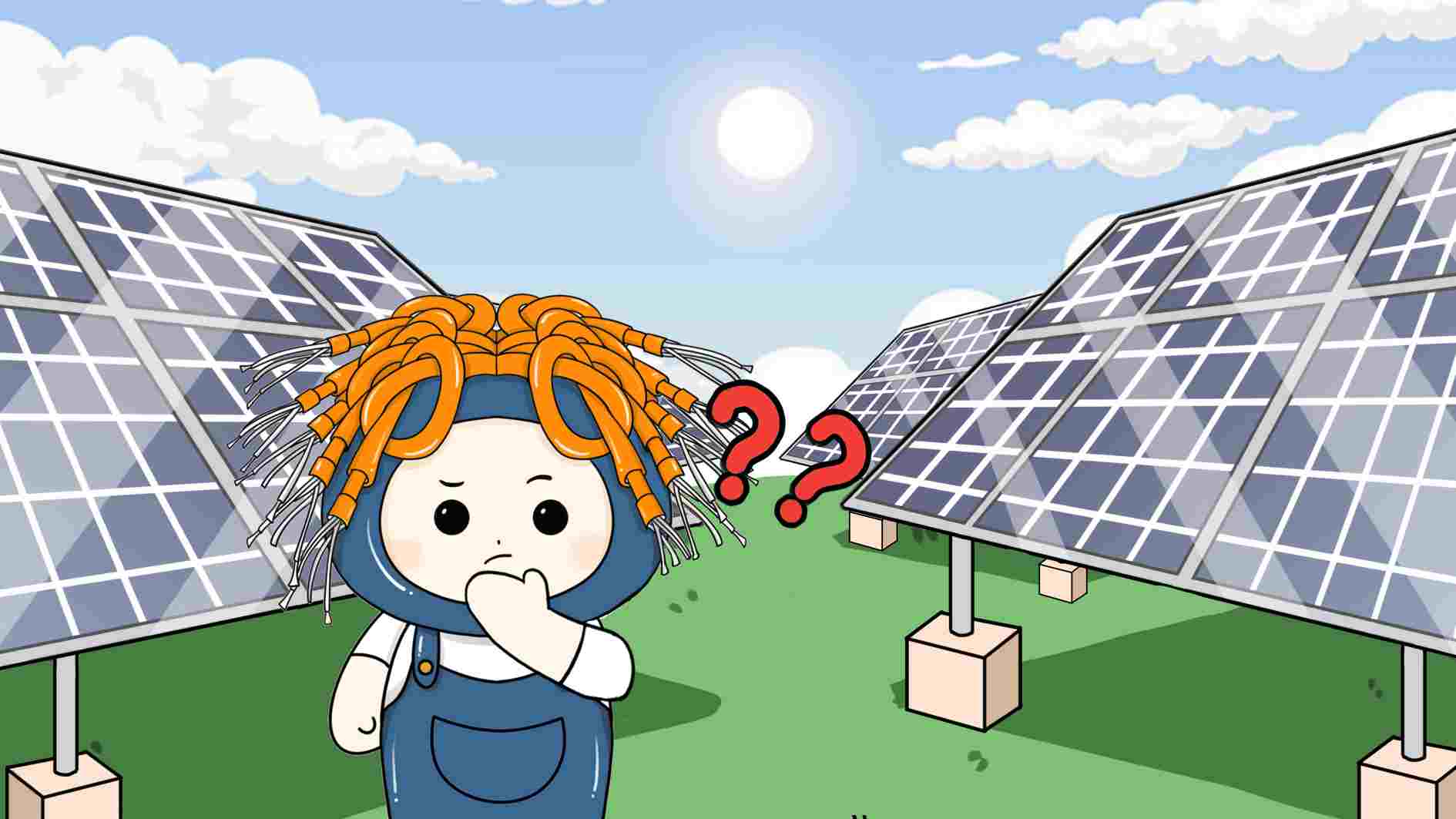
The most popular type of residential PV systems is a crystalline solar panel in a rigid aluminum frame. This frame facilitates the mounting of solar panels and also prevents them from overheating. To shield the fragile solar cells from the environment and maximize the conversion of solar radiation into electricity, a special tempered low-iron glass is used.
Each solar panel that is installed on a roof or mounting rack comprises three components:
Solar Cells
Solar cells come in different types, including monocrystalline or polycrystalline, and different structures, such as organic or non-organic. They can also differ in production type, either crystalline or amorphous.
Junction Box
The junction box, which acts as a connector between the PV cable and the solar cells, is typically situated on the back of the solar panel. It features special diodes called 'hot-carrier diodes' or 'Schottky diodes' to allow the electric current to flow only in one direction. This prevents the dissipation of electricity from the surface of solar panels at night.
There are two cables, one positive and one negative, and it's essential to avoid mixing them up to avoid a short circuit. Male and female cable connectors are designed and labeled to prevent incorrect connections. The cables used for solar panels must be able to withstand high temperatures and direct sunlight, so they usually have UV protection and double insulation.
How to choose a solar panel system type
Grid-tie solar system
The grid-tie solar system comprises a solar panel array and a grid-tie inverter that works by converting direct current generated by the solar panels to alternating current suitable for household appliances. The inverter then transmits the AC to the electrical grid. The grid-tie inverter is designed to convert the current with a slightly higher voltage than that of the public power grid (e.g., 238-240V), which is consumed first to reduce reliance on the distribution grid and save energy costs.
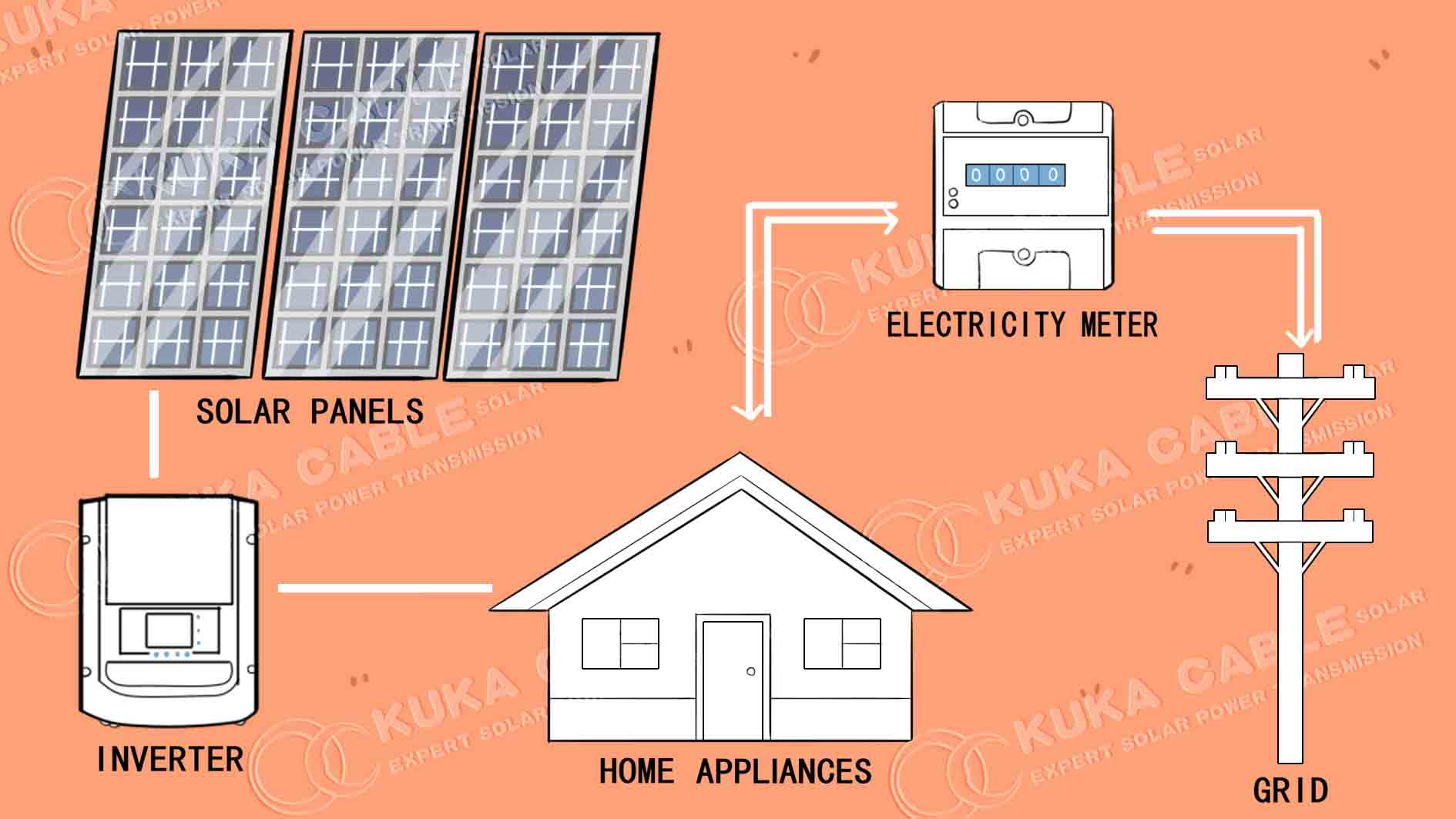
During a power outage, the grid-tie inverter stops working for safety reasons, preventing accidental electrocution of power company workers. After the meter, the inverter is connected to the domestic power grid, and if permitted by the country, surplus electricity can be sold through distribution microgrids or municipal contracts, effectively turning the household into a prosumer.
Grid-tie solar systems are ideal for those who want to save money and sell energy to neighbors or the state. However, they are not suitable for those who require an uninterruptible power supply.
Off-grid solar panel systems
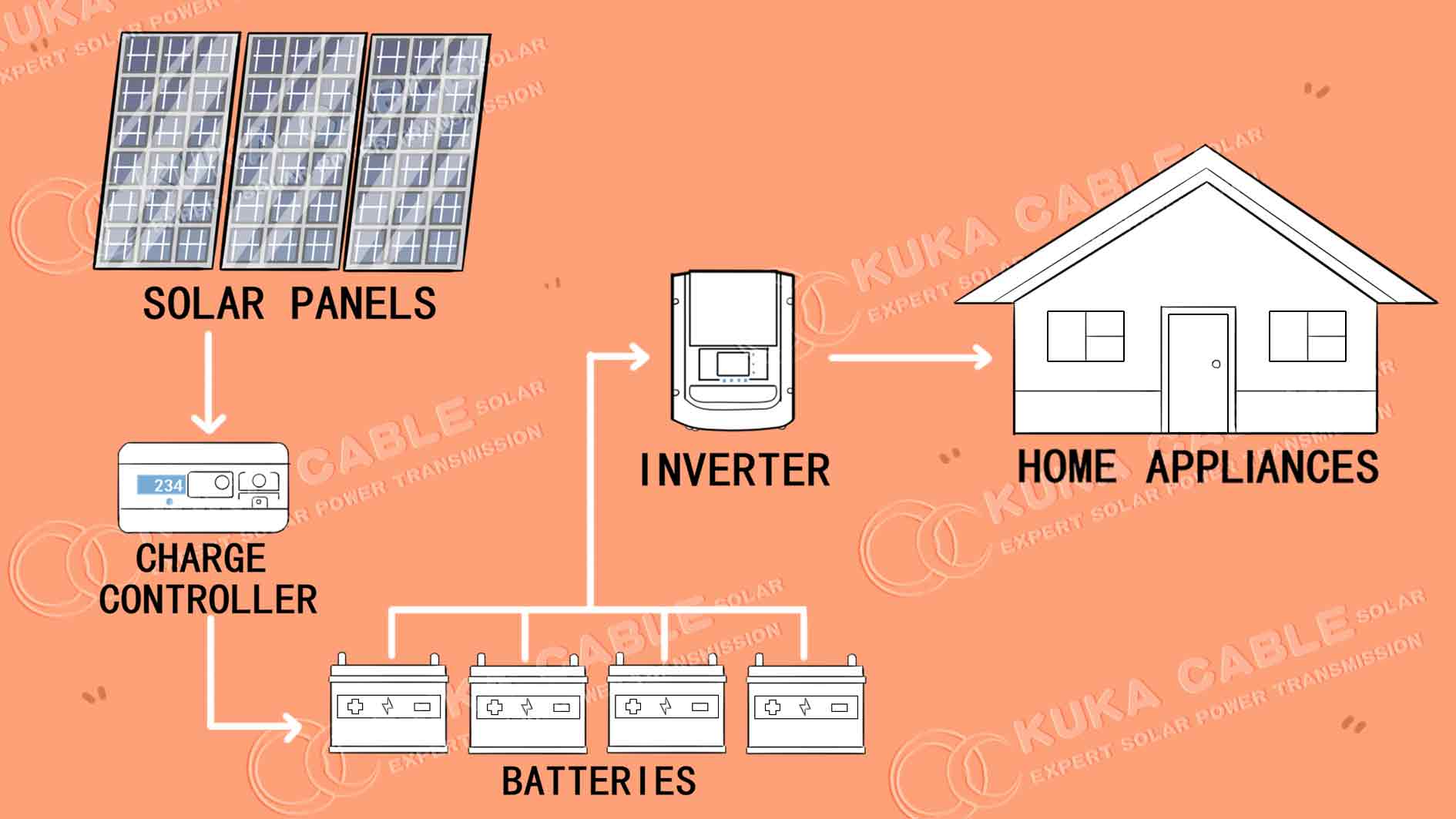
An off-grid solar system typically includes a solar panel array, a battery charge/discharge controller, a battery, and a voltage converter (also known as an off-grid inverter).
The charge controller receives direct current from the solar panels and distributes it at the appropriate voltage and current based on the battery's charge level and condition to prevent degradation. An inverter, connected to the battery via conductors, converts the direct current to alternating current of the correct voltage and frequency to power household appliances.
The battery charge controller is critical for extending the battery's life. However, surplus electricity cannot be sold to the grid in this case. When the battery is fully charged, the solar panels stop delivering electricity to it. Conversely, the off-grid inverter can operate even when the public power grid is down since it doesn't feed electricity back to the grid.
Off-grid solar systems are suitable for uninterrupted power supply, households without access to the grid, and situations where there are significant fluctuations in electricity costs throughout the day. However, if you're looking to sell surplus energy to the grid, an off-grid solar system is not suitable.
Hybrid solar panel systems
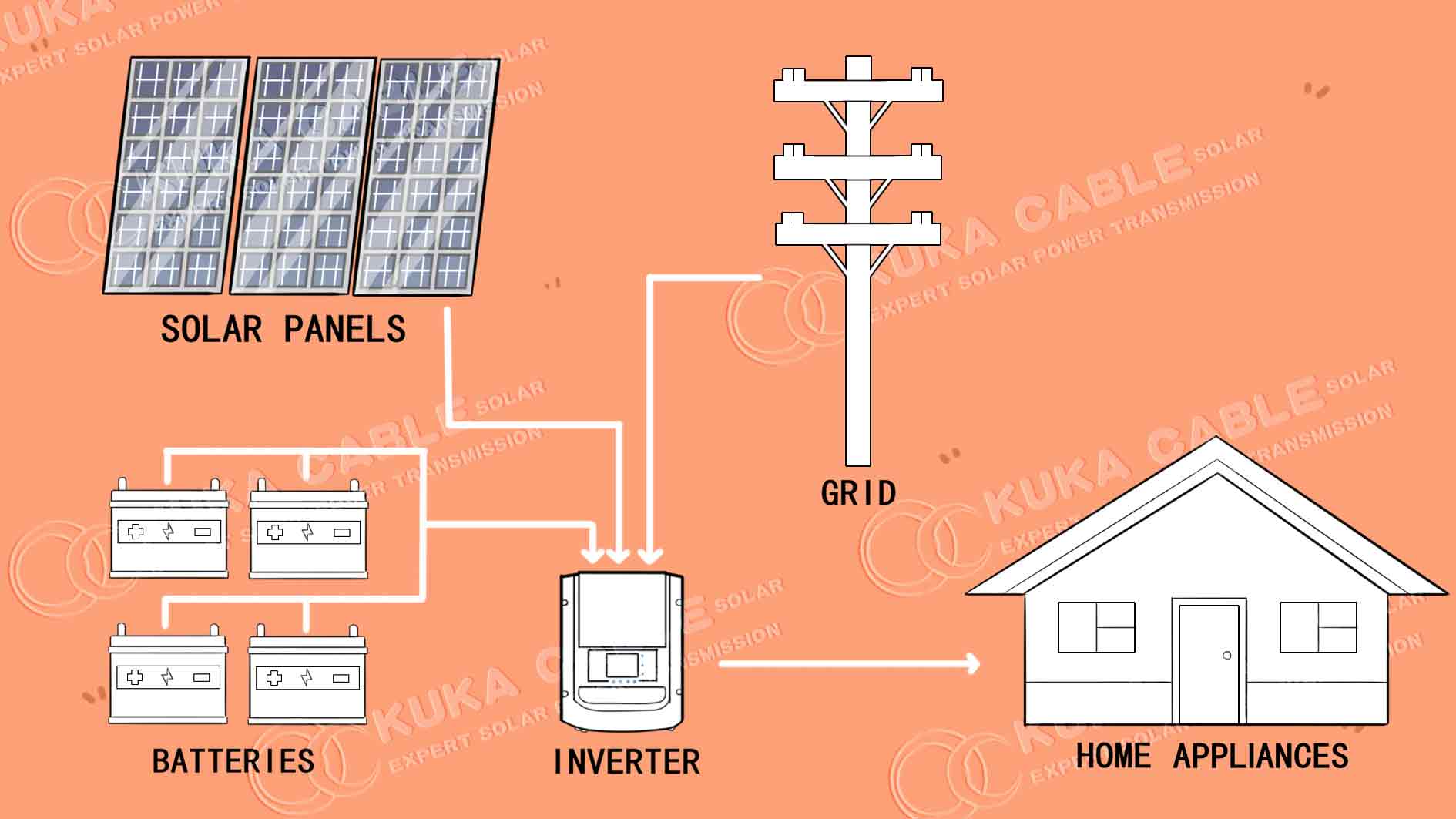
The priciest and most intricate type of solar power systems comprises an array of solar panels, a battery charge/discharge controller, the battery itself, and a hybrid inverter.
Initially, the direct current from the solar panels goes to the battery charge/discharge regulator, which either charges the battery in an advantageous mode or maintains it in a standby mode (i.e., a state of recharging). Any surplus electricity goes to the hybrid inverter, which then directs it to the household power grid, which has a higher priority. Any unutilized electricity can also be sold.
In case the public power grid is inoperable, the hybrid inverter switches to the off-grid mode, providing power to household appliances (in a house or apartment) via the battery.
Most of the latest hybrid inverters can be programmed to "inject" electricity from the battery into the domestic power grid at the appropriate time, such as when the electricity price is at its highest.
A hybrid inverter can also be installed when there is a need to boost the power of the domestic power grid. For example, if the maximum power assigned to a house is 10 kW, but the combined power consumption of the electrical appliances is 15 kW, the hybrid inverter will "add" 5 kW of power from the battery. The hybrid inverter autonomously distributes the voltage, diverting any surplus to the city grid.
Hybrid solar systems are ideal if:
·You need a continuous power supply.
·The household does not have access to the public electricity grid.
·The cost of electricity during the day fluctuates significantly.
·You wish to sell some of your energy to your neighbors or the state.
·You need to periodically enhance the grid's capacity.



